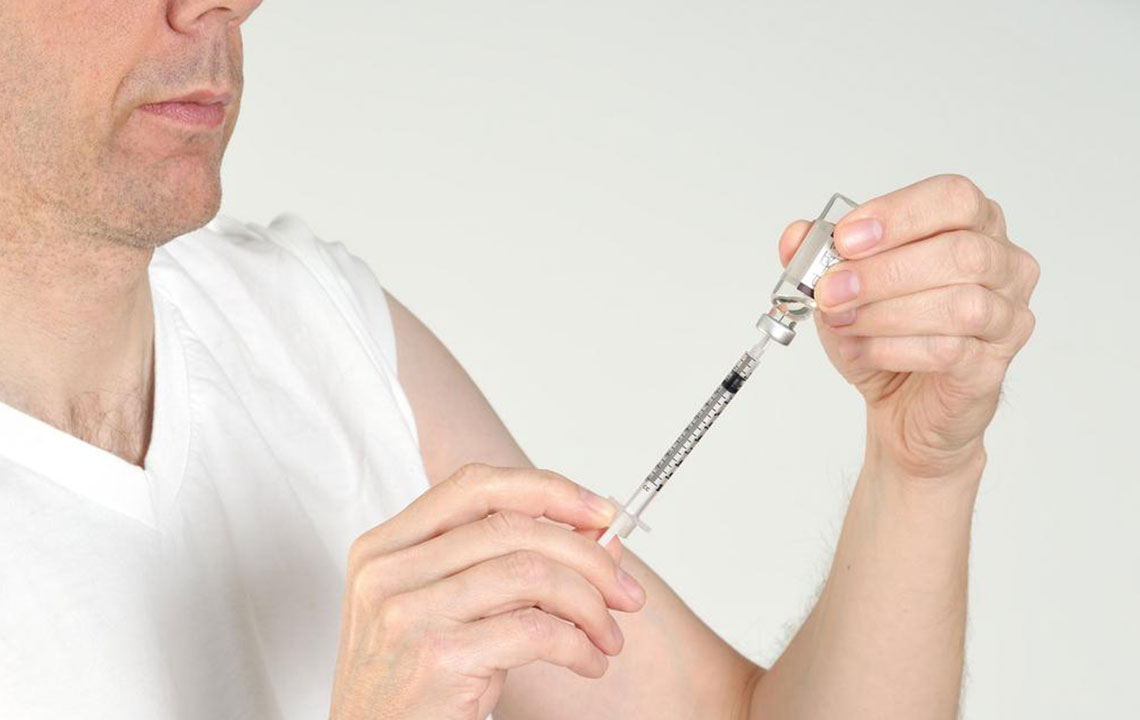Naloxone for Opioid Overdose – Here’s What You Need to Know
Opioids are a class of drugs that alleviate acute pain, such as the pain one experiences after undergoing a surgery. These drugs interact with the opioid receptors in the brain cells and mollify the feeling of pain and enhance the feelings of pleasure. They are produced using poppy plants or synthesized in a lab. When used according to the medical practitioner’s directions, opioid can spare the patients from pain while recovering from a health condition.

Since 2000, deaths because of narcotic prescription painkillers have tripled. On the other hand, over 600 thousand individuals are battling with heroin addiction. Like prescription painkillers, the deaths caused because of heroin overdoses have multiplied by 4 times since the early 2000s. A considerable chunk of people has switched from prescription painkillers to heroin as it is easier to access and cheaper. This clearly infers that the country’s opioid crisis has dramatically risen in a span of just 15 years.
Lower doses of opioids can make the patient feel sleepy, whereas higher doses can slow down the breathing and pulse rate. As opioid releases endorphins in the brain, it keeps the person ecstatic for a while. When the drug’s effects start fading, one might crave to experience these feelings of pleasure again, which eventually can lead to addiction. Withdrawal symptoms like anxiety, irritability, insomnia, abdominal pain, tremors, diarrhea, and vomiting can make it increasingly tough for the person to maintain abstinence from opioids. Consistent opioid consumption in high doses can prove fatal too.
Signs of opioid overdose
- Dangerously slowed breathing patterns and heart rate
- Pale face
- Sweaty hands
- Blue or purple fingernails and lips
- Vomiting
- Inability to speak or making gurgling sounds
- Unconsciousness
- Limp body
If one notices these signs they should immediately contact 911.
Emergency treatment for opioid overdose
To reverse the effects of opioid overdose, a medication known as naloxone is used in an injectable form by doctors in emergency rooms or paramedics on the site. In many states, friends or family members might be allowed to carry naloxone to help a loved one addicted to heroin or painkillers. One can also find a nasal spray variant, which can be used by anyone. The good part is that it doesn’t require any special training, making it useful in stressful situations. As naloxone is highly effective, authorities encourage first responders, including the police and firefighters, to carry it with them to revive individuals suspected of opioid overdosing.
Side-effects of naloxone
Although naloxone can rapidly reverse the effects of opioid overdose, it has its own set of side-effects. These side effects include:
- Allergic reactions (in the form of hives; difficulty breathing; and swelling of the face, tongue, and lips)
- Pain in the chest
- Seizures
Furthermore, while reversing the opioid overdose effects, naloxone puts the affected person in a state of withdrawal. As a result, they may sweat profusely, vomit, or shake violently. Likewise, they might also experience pain and burning on the site of the injection or in their hands or feet.
Cost of naloxone
The surging costs of naloxone have become a cause of concern as thousands of people are at the risk of losing their lives every year. As of now, there are no talks of subsidization, but the good news is that most health coverage plans include naloxone and numerous public health initiatives and community-based programs offer this it free of cost.
The price one has to pay for naloxone vastly depends on their health insurance plan and the variant they want to purchase. Naloxone available in the form of shots (sold as Evzio®, manufactured by Kaleo) and the nasal spray (sold under the brand name Narcan®, produced by Adapt Pharma). These variations are sold at wholesale prices to first responders and community-based organizations. Likewise, high schools, eligible colleges, and universities are offered with free naloxone to ensure timely response and promote awareness among young individuals.
Buying naloxone
As this is an emergency-based drug, naloxone in most states is classified as a non-prescription drug. In states where it is not listed as a non-prescription drug, the state departments allow pharmacists to prescribe naloxone. Therefore, before buying naloxone, one should check their state’s health laws and pharmacy regulations.
While having a naloxone can come in handy, unfortunate incidents because of opioid overdose can’t be prevented when one isn’t around a loved one who is experiencing it. Therefore, before the situation takes a turn for the worst, try and ensure that the concerned friend or family member gets all the necessary help to cope with opioid addiction. It takes a considerable amount of time to bounce back from opioid addiction, but with the help of proper medical treatments and therapy, it is possible for one to regain control over his/her life.